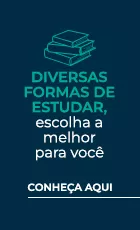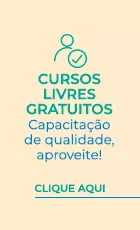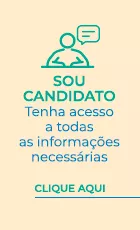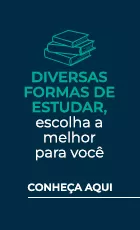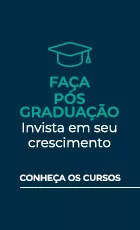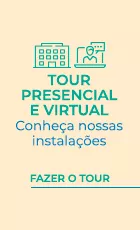Menu do Curso
The Professional Master's Training Educational Managers
The Professional Master’s Training of Educational Managers has its origin in the experience of the professors of the Master’s Program in Education of Unicid, who recognize the social role of the institution and the course in facing the educational challenges.
The regional context in which the Program is located – east area of São Paulo’s city – configures a scenario permeated by challenges that interfere in the mechanisms of school management, imposing the need for new modalities of attendance with regard to the development of education professionals with a view to improving and reorganizing management practices. Thus, the Professional Master?s Training of Educational Managers seeks to raise and systematize problems experienced in the daily work of schools, universities and central bodies, as a starting point for the establishment of a formative process in which they recognize protagonists, discuss, reflect and Re) invent management practices, invested with meaning and meaning.
The discussion about possibilities and limits in the implementation of a democratic and participatory management requires that partnerships between universities and public education networks be expanded with a view to building a common and propositive agenda so that the problems faced by education professionals do not summarize the formal analyzes and, often, distanced from their reality.
The professors who make up the faculty of the Professional Master?s Program in Training of Educational Managers have a recognized academic and social insertion. In this last area, they give lectures, mini-courses and workshops, for management teams of school units – directors, vice-principals, pedagogical coordinators – teachers and technicians of the State Secretariat of Education of São Paulo, as well as Municipal Secretariats of Education. Many of these activities are a result of research and studies focused on the analysis of working conditions, the constitution of professional identities and propositions of institutional self-evaluation.
The program receives students with different backgrounds, experiences and professional backgrounds: teachers, directors, vice-principals, pedagogical coordinators of basic education; Members of technical staff of education secretariats and teaching supervisors; Professionals working in private higher education institutions (coordinators of undergraduate courses, teachers of post-graduate courses lato sensu, directors of isolated faculties, teachers of higher education in various areas of knowledge); technicians and teachers of technological vocational education; educators working in popular education movements.
Taking into account these characteristics of the students, the program considers the plurality of trajectories of training and professional experiences as challenges to be faced, but also as the possibility of exploring innovative themes that allow to construct and investigate more disturbing and meaningful problems for the development of education professionals, as well as educational institutions and management bodies. Based on the concerns and needs of teachers and school managers – based on problems of their daily work – the program establishes the bases for the construction of a significant knowledge for the actors involved in the situation, considering that science and its related exist externally, but rather institute (and are instituted) by the context of the social and cultural practices of a society and, consequently, of daily work.
In this direction, some axes orient their activities: the formation is configured as a continuous process and reorganized throughout the course; The groups that are the object of research are also the subjects of knowledge; the point of departure is not a theoretical framework and hypotheses, but concrete problems faced in the daily life of the subjects involved in that situation; the aim is not only to broaden the knowledge about this problem, but to propose solutions to achieve social changes (in the broader field of policies) and / or professional practices (in the context of complex organizations).
The objectives of the Program are:
– Provide the study of theoretical and methodological references to education professionals to understand, organize and expand management strategies and improve their individual and collective participation in educational spaces.
– To subsidize the elaboration of instruments of planning, registration, monitoring and evaluation, making use of technological resources available.
– Provide resources necessary for the creation of intervention activities in relation to management practices and pedagogical practices.
Combine your talent with our quality and competence.
Program Coordination: Angela Maria Martins
E-mail: angela.martins@cruzeirodosul.edu.br / stricto.sensu@unicid.edu.br
Hei
Para acessar o Teste Vocacional e descobrir a carreira certa para você, preencha os campos abaixo.
É bem rapidinho!
Obrigado! Aguarde só um instante:
Estamos preparando seu teste e já vamos te encaminhar automaticamente em alguns segundos.
Hei,
Estamos muito felizes por seu interesse em conhecer um de nossos campi.
Para que possamos agendar a sua vista, preencha o formulário abaixo.
